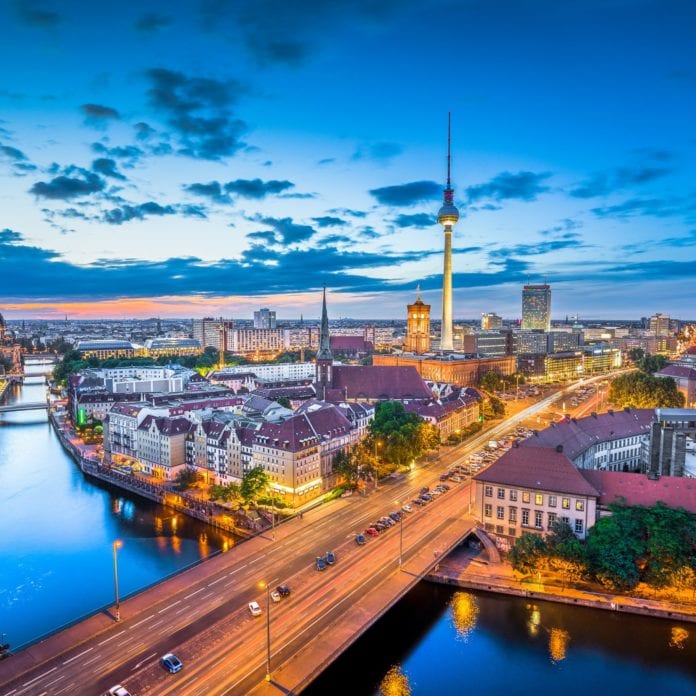Vodafone Germany launched its 5G standalone (SA) network in partnership with Ericsson, Nokia, Qualcomm and OPPO.
Vodafone upgraded 1,000 sites to SA 5G, covering 170 cities and municipalities via 3.5 GHz spectrum. The new network was initially launched in some major cities including Frankfurt, Berlin, Frankfurt, Hamburg, Munich and Düsseldorf.
The telco said that it aims to reach 4,000 sites in the 5G SA network by the end of the year.
Vodafone’s network will also support network slicing, which means that different parts of the network can be allocated for different specific use cases.
“We are revealing the biggest mobile phone secret in Germany and paving the way for real-time: 5G is on its own two feet in Germany for the first time. We are the first network operator to put the LTE training wheels aside with 5G and start with a 5G core network – not for internal tests, but in the live network for our customers, who can experience real-time in the first few places this month,” said Hannes Ametsreiter, CEO, Vodafone Germany.
“Our 5G network in the 3.5 GHz range is now completely independent of LTE technology. In the first places, latency times of 10 to 15 milliseconds are possible – that’s as fast as the human nervous system,” said Vodafone CTO Gerhard Mack.
The company noted that on April 12, technicians switched all mobile radio stations in the 3.5 GHz range to 5G, connecting them to an independent 5G core network.
The first smartphones that support the technology are already available and can be used with the new technology this month via an automatic firmware update, Vodafone said.
“5G standalone brings enormous benefits to industry and consumers. With this step, the reaction times of the network become even faster and real-time mobile communications can be experienced. After the joint introduction of 5G in Germany, this is the next step on our journey with Vodafone. By combining our technology leadership and our pursuit of innovation with our ecosystem partners OPPO and Qualcomm, we are delivering the next level of 5G, ready to shape Germany’s digital future, ”said Arun Bansal, CEO for the Europe and Latin America market region Ericsson.
Ericsson has provided products and solutions from the Ericsson Radio System portfolio, as well Ericsson Cloud Core for the cloud-native microservices-based 5G Core, to help Vodafone build the new 5G SA network in Germany.
Vodafone Germany said that it will be operating a total of ten 5G data centers by 2023, with the aim of managing the new 5G SA network. The first data center is already operational in Frankfurt, while new 5G data centers in Berlin and Munich will go online later this year. The other 5G data centers will follow by 2023.
Vodafone initially launched its 5G network in Germany in 2019, on 3.5 GHz frequencies that it acquired from Telefónica in 2018.

